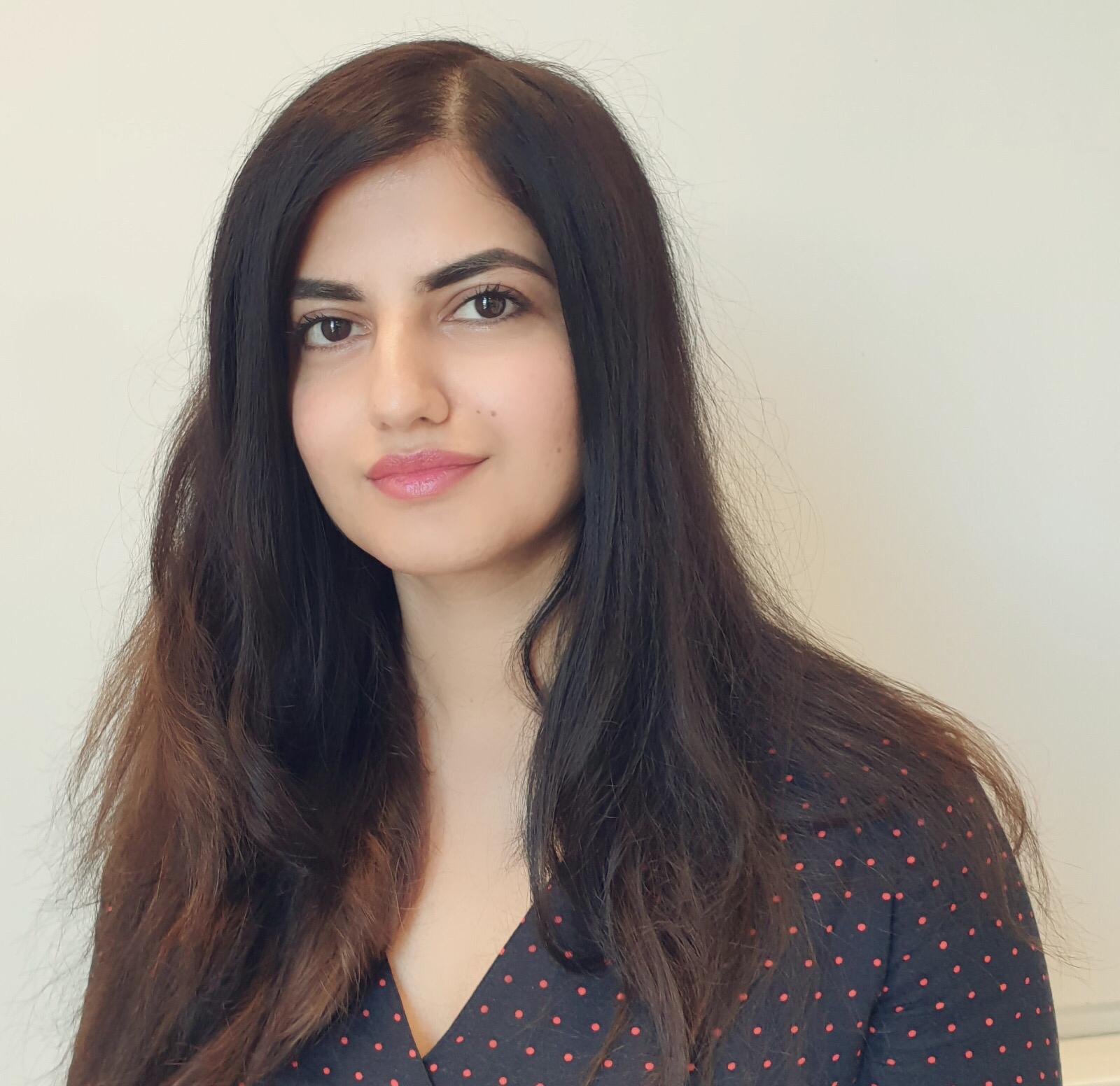Halfway through the project, Sadia Anwar, employed at Skagen Uddannelsescenter as a research assistant and affiliated with Aarhus University, has just published a research article entitled ”Towards Ferry Electrification in the Maritime Sector” which is based on a beautiful and extremely comprehensive research work.
Almost 80% of all transport of raw and consumer goods takes place by ship, the vast majority of which uses fossil fuels. This results in high CO2 emissions, not only during transport, but also when the ships are staying in the ports. The maritime sector therefore has a significant impact on climate change, especially in coastal areas.
For Sadia's research article, significant amounts of data and knowledge have been systematically collected, which clarifies the demands facing the green transformation. The article maps both all-electric and hybrid ferries and compares services on everything from cargo and passenger capacity to the vessel's maximum speed, length and battery capacity. As part of the research, certain technical, operational and regulatory challenges are included.
An equally significant part of electrification is the possibility of shore power when ferries and ships dock, either for a short or long period - and preferably with green energy in the socket. The study here shows that there is a need for legislation in this area, and preferably with an incentive for a tax rebate, if investors are to find it advantageous to invest in large and costly environmentally sound facilities.
Sadia Anwar's research article is available to everyone here:
https://www.mdpi.com/1996-1073/13/24/6506/htm
About Sadia Anwar
Educated as a pharmacist from Government College University in Pakistan. Sadia worked as a guest researcher at Aalborg University in 2015. Since 2016, Sadia has been affiliated with the Department of Business Development and Technology at Aarhus University in Herning as a research assistant and she has had several international research articles published, both independently and as part of interdisciplinary collaborations.

